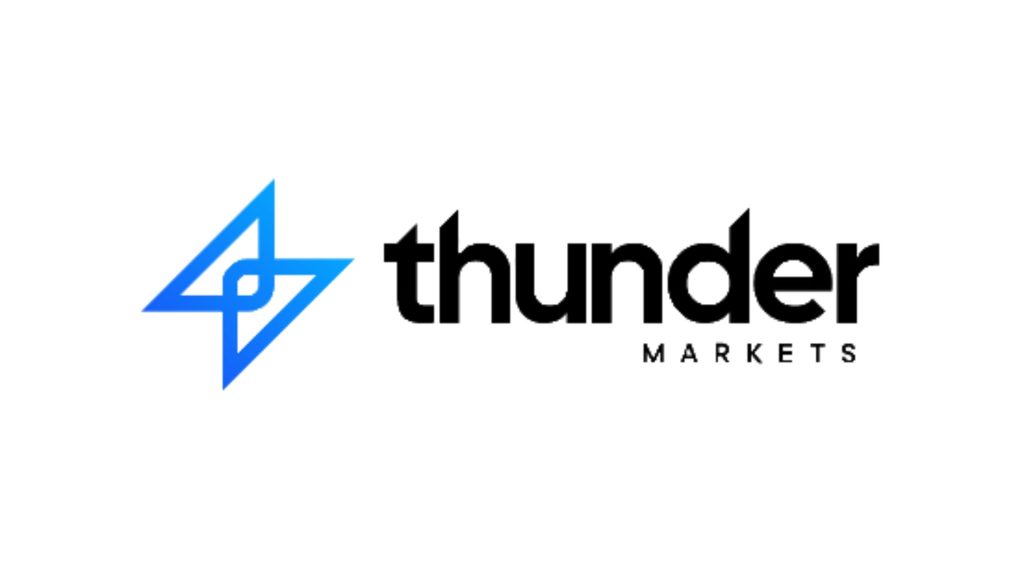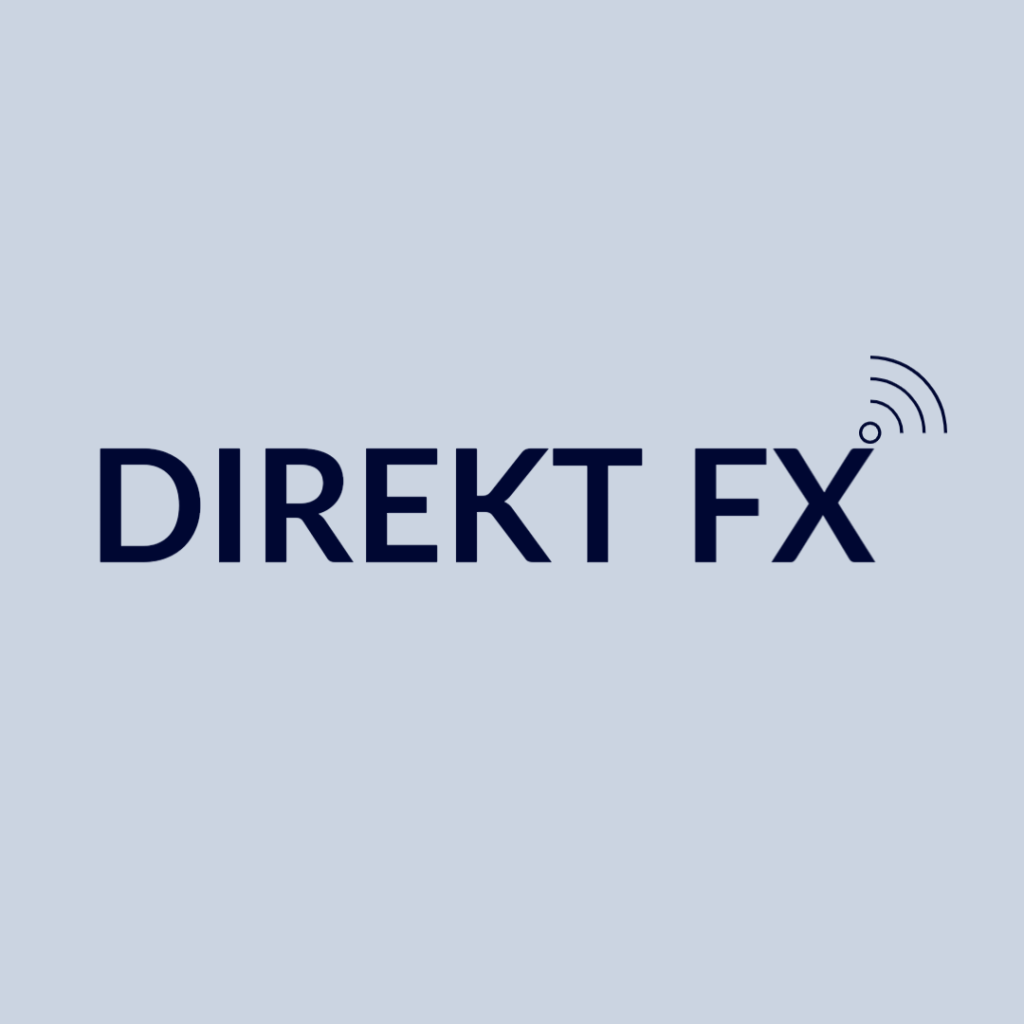
In a new vote, the European Parliament will target anonymous cryptocurrency transactions.
The EU’s ECON committee is set to vote on Thursday on whether to totally ban anonymous cryptocurrency transactions.
The proposed regulation aims to crack down on ‘unhosted wallets,’ which allow cryptocurrency transactions to occur without personal information.
Anonymous cryptocurrency transaction
Unhosted wallets are standard crypto wallets that enable users to access private keys, such as MetaMask, Trezor, MEW, and Ledger.
If successful, each cryptocurrency transaction in the EU will necessitate the transfer of personal information, similar to SWIFT.
The European Parliament’s Committee on Economic and Monetary Affairs (ECON) is reportedly planning a meeting on Thursday to vote on an AML (anti-money laundering) package that will require crypto transfers to include the payer and payee’s personal information.
The draft proposal, in particular, requires crypto service providers, such as exchanges and custodians, to share personal information, such as the sender’s and recipient’s names and addresses, during each transaction. The requirements are similar to those of traditional SWIFT transactions.
As a result, private wallets that allow users to own their private keys will be at a disadvantage because crypto service providers can not directly obtain the personal information of the owners of these wallets.
In the draft bill, these private wallets (such as MetaMask, Trezor, MyEtherWallet, and Ledger) are referred to as ‘unhosted wallets,’ and the following procedure for obtaining personal information from their owners is recommended.
The crypto-asset provider must obtain and the necessary originator or beneficiary information from their customer.
The crypto-asset provider is only required to verify the accuracy of the information with respect to its customer and is not required to verify the required information with respect to the originator or beneficiary of the unhosted wallet.
The crypto-asset service provider should assess whether a crypto-asset transfer should be rejected or suspended, and whether it should be reported to the Financial Intelligence Unit, on a risk-sensitive basis (FIU)
Furthermore, the draught proposal recommends that crypto-service providers notify AML authorities for any cryptocurrency transfer valued at more than €1,000 from an ‘unhosted wallet.’ Crypto-service providers should also avoid interacting with non-compliant crypto-service providers.
In summary, if the proposal is approved by the EU parliament, every crypto transaction in the European Union will be required to include personal information from both parties.
However, there is a potential loophole in peer-to-peer transactions that do not require the processing of a third party. A transaction from one MetaMask wallet address to another, for example.





